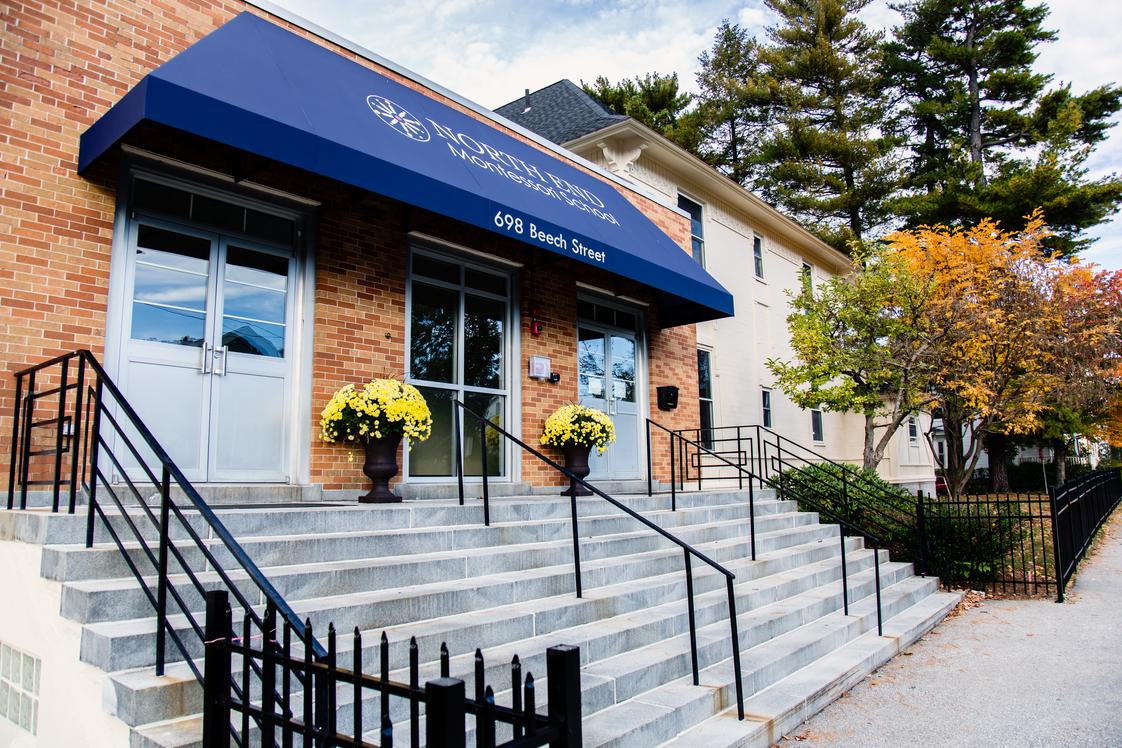The Montessori method of early childhood education is well-known for its child-centered teaching approach which encourages independence, creativity as well as a love of learning. This complete guide explores the advantages of Montessori daycare, Montessori Kindergarten, Montessori Preschool, and Montessori Elementary School can provide to children’s development.

Montessori Daycare is a way to help children develop self-confidence from the beginning
The Montessori daycare programs are designed to foster independence and confidence in the most vulnerable learners. These programs provide an engaging, safe and secure environment where children can explore and learn independently. The Montessori classroom contains age-appropriate materials that promote motor development and sensory exploration.
Teachers in Montessori daycares serve as facilitators, not instructors. They help children navigate their learning process. This method aids children in developing the ability to think critically and develop an understanding of their own independence. In Montessori daycares children are taught to serve water, pour beans and wear button clothes. These activities are designed to develop the fine motor skills as well as practical abilities.
Montessori Kindergarten: Foundations for Lifelong Learning
When children enter Montessori kindergarten the focus shifts. They remain encouraged to be self-sufficient and engage in self-directed tasks. The Montessori Kindergarten curriculum is diverse that includes math, language, cultural studies, and practical life skills.
A mixed-age class is one of the key components of Montessori Kindergarten. Children of all ages are able to learn together. This allows older children to impart concepts to younger children as well as reinforce their own knowledge. This learning model for peers helps develop social skills and also a feeling of community in the classroom.
In Montessori kindergarten, learning is hands-on and often involves real-world applications. Math could be taught through manipulatives such as rods and beads that aid children in understanding abstract concepts in a physical way. Stories, phonetic exercises and writing exercises are all employed to promote language development.
Montessori Preschool – fostering curiosity, Exploration, and Discovery
Montessori preschools are based on the principles of daycare and Kindergarten. They are focused on exploring, curiosity, and a love of learning. The classroom is prepared to be both engaging and educational, with materials and activities that are geared towards the stages of development from 3 to 6 years olds.
In a Montessori-based preschool children can select their activities according to their own schedule and pick from a range of options. This independence helps children develop a sense for responsibility and intrinsic motivation. The preschool program incorporates the study of math, language and studies of culture, along with life-related activities.
Practical life-skills like cooking or cleaning up, as well as gardening are essential to Montessori preschool education. These activities assist children in acquiring important life skills, in addition to self-control, coordination and concentration. Sensorial exercises are designed to increase cognitive development and refine the five senses.
Montessori Elementary School: Prepare for Academic Success and Beyond
Montessori elementary schools adhere to the philosophy of child-centered education, with an increased focus on academic subjects, while taking care of the whole child. The curriculum is integrated and interconnected which allows children to understand the relationships between different subjects of study.
The children in an elementary Montessori school participate in extensive research, cooperative learning and hands-on exploration. The classroom is designed to encourage an open mind with tools that can be used by any level of ability and interest.
A hallmark of Montessori’s elementary education is its focus on “cosmic learning,” which helps students understand their place within the world and the interconnectedness of everything. This method encourages children to be responsible for the world and for others, enabling them to develop into thoughtful global citizens.
The Montessori approach to early learning is distinctive in the way it helps children develop from the daycare up through elementary school. Montessori education gives children the skills and mentality needed for success in their lives by encouraging the spirit of curiosity, independence and a passion for learning.
Leave a Reply